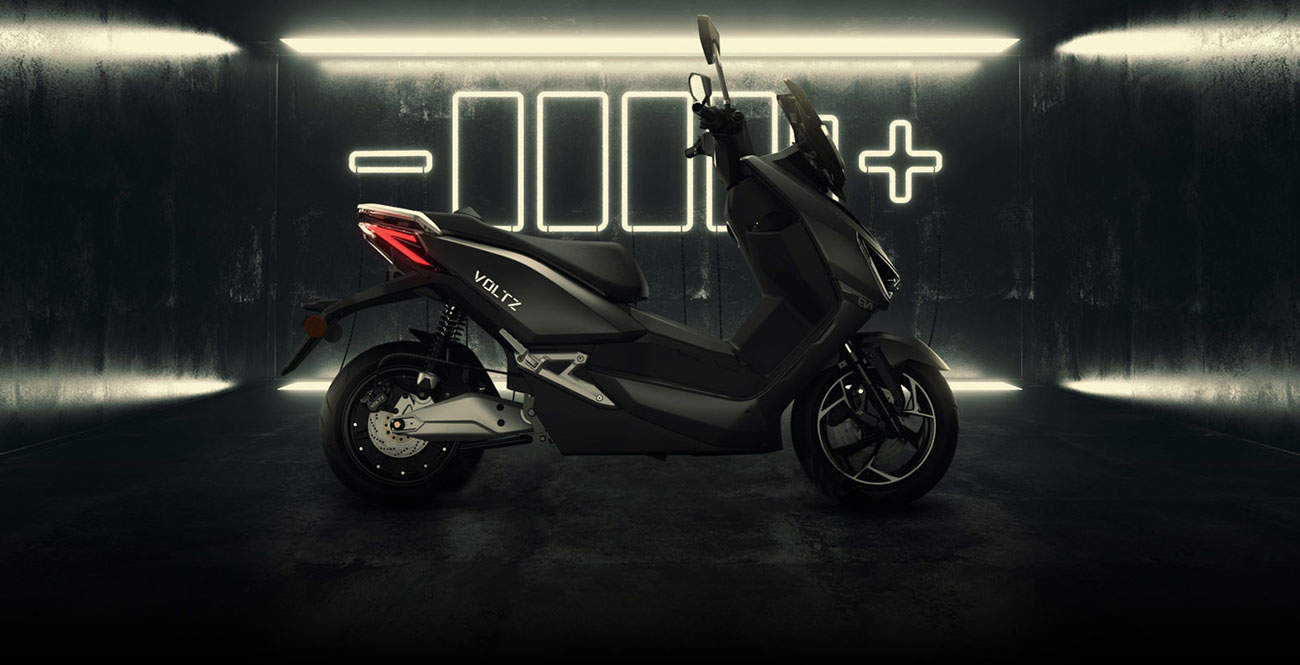
Por Mariana López
January 20, 2020
Contxto – Move over electric scooters cause here comes… the electric motorcycle? Next month, it’s expected that Voltz, a Brazilian electric motorcycle startup, will expand its physical presence into São Paulo.
Its first store opened in Recife, in November of last year.
Voltz’s motorcycles run at a top speed of 60 km/hour. When they’re out of juice, the bike’s lithium battery can be removed from the actual motorcycle and charged where there’s an available power outlet.
For every charge, the motorcycle can run on average 60 km. And according to the startup’s website, the maximum wait time for one of these babies to charge is four hours.
Sold at around R$9,000 (about US$2,150) Voltz’s motorcycles’ engines are European (Bosch) while the bikes themselves are manufactured in China.
As for its business model, like Tesla, the startup plans to leverage its own physical showrooms as places where a potential customer can inspect the motorcycles and test-drive them. If a person is sufficiently interested, they can complete the purchase of one of these motorcycles over Voltz’s website.
Likewise, it wants to roll out a franchising approach for its bikes with independent showrooms.
In addition to these plans, it also hopes to open workshops and accessory stores in more densely populated areas in Brazil.
For Renato Villar, Voltz’s Founder, the need to offer these motorcycles was apparent.
“We saw that it [the e-mobility market] was growing a lot and we decided to study it more in-depth,” said the entrepreneur. “Then I understood how people ride a scooter, how their relationship was, and that there was already a great interest in the electric world. There was already a desire for electric mobility.”
A lot of premises at the wheel with Voltz are quite Tesla-like. But you, know at a more affordable price.
And it’s true, with rising environmental awareness, governments and businesses alike are turning to more eco-friendly alternatives.
But electric motorcycles and bikes aren’t the perfect solution.
Many of these e-vehicles run on lithium-ion batteries. And like your average household battery, they must be collected and recycled. Otherwise, they contribute to pollution. In Europe, this is already a cause for regulatory concern. But it should be in Latin America too.
As electric-powered vehicles continue to rise, governments, businesses, and startups should look to solutions for the correct recycling and disposal of these energy sources. Likewise, users should complete their own due diligence regarding the environmental implications of the “green” options they’re offered.
Or else the point of all this eco-friendly prattle shall be for nothing.
-ML

Por Stiven Cartagena
January 12, 2026